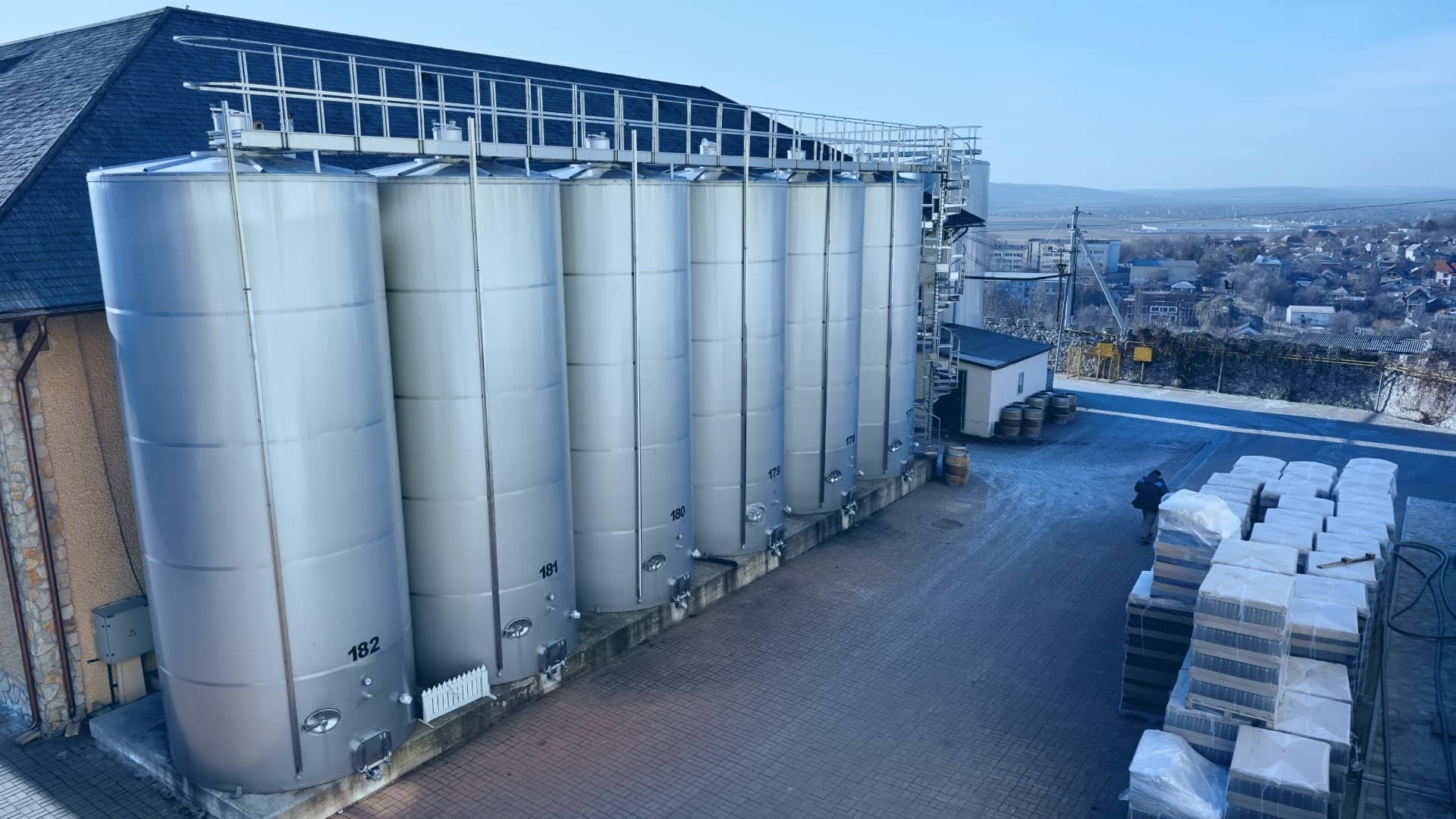In an era where technological advancements are reshaping industries, one area that has witnessed a significant transformation is fleet management. Among the myriad of innovations, the Fuel Tank Monitoring System stands out as a crucial tool in optimizing fuel usage and managing resources effectively. In this comprehensive guide, we will delve into the intricacies of this system, exploring its benefits, functionality, and applications across diverse industries.
Introduction
Fuel is the lifeblood of any vehicle or machinery, and its efficient management is paramount for cost savings and environmental sustainability. Fuel Tank Monitoring Systems have emerged as indispensable tools for businesses seeking to streamline their operations and enhance overall efficiency.
Understanding Fuel Tank Monitoring System
How Does Fuel Tank Monitoring System Work?
It operates on a simple yet powerful principle. They employ advanced sensors to gauge the fuel levels in tanks accurately. These sensors are strategically placed within the tanks and are capable of transmitting real-time data to a centralized monitoring system.
Components of a Fuel Tank Monitoring System
A typical Fuel Tank Monitoring System comprises several key components:
- Sensors: These devices are responsible for measuring fuel levels and transmitting data to the central system.
- Telematics Unit: This unit acts as the communication hub, facilitating the transfer of information between the sensors and the centralized monitoring system.
- Software Interface: The user-friendly software allows operators to visualize, analyze, and manage fuel data efficiently.
The Advantages of Implementing Fuel Tank Monitoring System
Cost Savings
One of the primary benefits of using the system is the potential for substantial cost savings. By accurately tracking fuel consumption and preventing fuel theft, businesses can minimize unnecessary expenses and allocate resources more efficiently.
Enhanced Operational Efficiency
The real-time data provided by these systems empowers fleet managers to make informed decisions promptly. This involves optimizing routes, scheduling maintenance, and ensuring that vehicles receive fuel at the right time and place.
Environmental Impact
Efficient fuel management is not only economically advantageous but also contributes to environmental sustainability. By reducing fuel wastage, businesses can decrease their carbon footprint and align with global efforts to combat climate change.
Applications Across Industries
Transportation and Logistics
In the fast-paced world of transportation and logistics, Fuel Tank Monitoring System play a pivotal role in ensuring that vehicles are adequately fueled for their journeys. This translates to improved delivery timelines and heightened customer satisfaction.
Construction Industry
For construction companies relying on heavy machinery, accurate fuel monitoring is indispensable. The System helps prevent downtime due to unexpected fuel shortages and enables better project planning.
Agriculture Sector
Overcoming Challenges with Fuel Tank Monitoring System
Integration Challenges
While the benefits are evident, integrating the Fuel Tank Monitoring System can pose challenges, especially for businesses with existing fleet management systems. It is crucial to choose systems that seamlessly integrate with the current infrastructure to ensure a smooth transition.
Security Concerns
As with any digital system, security is a paramount concern. Protecting the data transmitted is essential to prevent unauthorized access and potential disruptions in operations.
Future Trends in Fuel Tank Monitoring
Artificial Intelligence Integration
The future lies in the integration of artificial intelligence. AI algorithms can analyze historical data, predict fuel consumption patterns, and offer valuable insights for even more efficient fuel management.
Internet of Things (IoT) Connectivity
The Internet of Things IoT is set to revolutionize how Fuel Tank Monitoring Systems operate. With increased connectivity, these systems can communicate seamlessly with other IoT-enabled devices, creating a more interconnected and intelligent ecosystem.
Conclusion
In conclusion, the system represents a significant leap forward in fleet management and resource optimization. From cost savings to environmental sustainability, the benefits are vast and varied. As technology continues to advance, the integration of artificial intelligence and IoT connectivity will further elevate the capabilities of these systems. As businesses across industries recognize the importance of efficient fuel management, they are poised to integrate systems as indispensable tools in their operational arsenals. Embracing this technology today is not just about staying competitive; it’s about paving the way for a more sustainable and efficient future.



